Chidambaram said in case the chargesheets were inadequate in terms of persons named, they would be revisited.
Home minister P Chidambaram today said chargesheets against those connected with the demolition of the disputed structure at Ayodhya on December 6, 1992, would be re-visited and the sources of huge funds for the movement that led to the incident probed.
"We will have to examine whether chargesheets are complete, whether to re-visit them," he said in the Rajya Sabha replying to a two-day debate on the findings of the Liberhan Commission on the demolition of the Babri Masjid, 17 years ago.
Noting that there were three cases pending before the court, Chidambaram said in case the chargesheets were inadequate in terms of persons named, they would be revisited.
Marked by frequent interruptions by BJP members, he said the government would also examine the source of large money received for the "conspiracy" which led to the demolition of the disputed structure.
"We would have to examine what action, if any, should be taken, can be taken against people who collected money, transferred money... whose money was it and was it accounted for," he said.
The home minister said CBI has collected a lot of evidence in these cases, which have a chequered history. Quoting from the findings the Liberhan Commission, Chidambaram said the main issue was who demolished the structure and the panel was able to pinpoint the responsibility for the same to Sangh Parivar.
The behaviour of the Sangh Parivar on December 6 cannot be accepted in a democracy, he said, amid interruptions by BJP members mainly Vinay Katiyar, who was warned by deputy chairman K Rahman Khan not to disrupt the proceedings.
Responding to charges that the Action Taken Report (ATR) was tepid, he said it depended on the kind of recommendations in the report. But the government has fulfilled its obligations, he said.
Noting that 2,019 persons were killed and 7,786 injured in the aftermath of the demolition of the Babri Masjid, he said the country had paid a very heavy price.
The demolition was followed by communal riots and Mumbai bomb blasts, he said.
"We paid a very heavy price," not only in terms of human lives but also secular fabrics that the Indian civilisation was proud of, he said, adding "the consequences are felt even today".
At this point, BJP leader M Venkaiah Naidu said the same argument was advanced by "Pakistani agents as also Dawood Ibrahim". He asked why the Congress should not be held similarly responsible for 26/11 (Mumbai blasts) and the Sikh riots amidst clashes between the BJP and the treasury benches. Chidambaram said the then Uttar Pradesh chief minister Kalyan Singh had given AN assurance before the National Integration Council as also the Supreme Court that the entire responsibility of the protection of the structure was of the state government.
He said it was Leader of Opposition Arun Jaitley, who representing the then state government, submitted before the apex court that the structure would be protected. However, Jaitley contested Chidambaram's argument stating that his plea in the court did not cover the entire structure.
The home minister said the Liberhan panel had found that in the "family of organisations which directed the movement (Ayodhya), the largest constituent was RSS".
If these findings were not correct, then someone should have challenged. But nobody had done so, he said.
The Commission also recorded the admissions by Mahant Paramhas Ramchandra Das, one of the leaders of the movement, who told the kar sevaks "demolish the structure, you will not get such an opportunity", he said.
Towards the fag end of his over hour-long reply, the House saw lawyer-like arguments between Chidambaram and Jaitley on religion. Both are eminent lawyers.
Chidambaram said the majorityism could be based on ideology and politics and not religion. He said majority based on religion would be a "step short of xenophobia".
Contesting the argument, Jaitley said he never supported discrimination against minority but vote bank politics, as followed by the Congress, was not their policy.
With the reply of the home minister, a stormy debate on the Liberhan Commission ended in Parliament.
![submenu-img]() This Indian company is world's strongest brand, it's not Reliance, TCS, Wipro, Infosys or Adani Group
This Indian company is world's strongest brand, it's not Reliance, TCS, Wipro, Infosys or Adani Group![submenu-img]() This Mughal emperor was called 'Zinda Peer' because...
This Mughal emperor was called 'Zinda Peer' because...![submenu-img]() Dinesh Karthik names Rohit Sharma's opening partner for Champions Trophy 2025, it's not Yashasvi Jaiswal
Dinesh Karthik names Rohit Sharma's opening partner for Champions Trophy 2025, it's not Yashasvi Jaiswal![submenu-img]() ‘National Space Day, 2024’: Tribute to India’s Stellar Footprints and Catalyst for Future Exploration
‘National Space Day, 2024’: Tribute to India’s Stellar Footprints and Catalyst for Future Exploration![submenu-img]() Badlapur sexual assault case: Internet suspended, 72 arrested amid massive protest
Badlapur sexual assault case: Internet suspended, 72 arrested amid massive protest ![submenu-img]() कोलकाता कांड में कौन-कौन शामिल, किसकी क्या भूमिका... CBI स्टेटस रिपोर्ट में चौंकाने वाले खुलासे
कोलकाता कांड में कौन-कौन शामिल, किसकी क्या भूमिका... CBI स्टेटस रिपोर्ट में चौंकाने वाले खुलासे![submenu-img]() Kolkata doctor rape-murder case: सुप्रीम कोर्ट की अपील पर AIIMS के डॉक्टरों ने खत्म की 11 दिन की हड़ताल
Kolkata doctor rape-murder case: सुप्रीम कोर्ट की अपील पर AIIMS के डॉक्टरों ने खत्म की 11 दिन की हड़ताल![submenu-img]() सरकारी कर्मचारियों के लिए खुशखबरी, मोदी सरकार DA में करने जा रही इजाफा, इतनी बढ़ जाएगी सैलरी!
सरकारी कर्मचारियों के लिए खुशखबरी, मोदी सरकार DA में करने जा रही इजाफा, इतनी बढ़ जाएगी सैलरी!![submenu-img]() Jammu-Kashmir Assembly Elections: कांग्रेस और नेशनल कॉन्फ्रेंस का गठबंधन तय, फारूक अब्दुल्ला बोले- मिलकर लेंगे राज्य का दर्जा वापस
Jammu-Kashmir Assembly Elections: कांग्रेस और नेशनल कॉन्फ्रेंस का गठबंधन तय, फारूक अब्दुल्ला बोले- मिलकर लेंगे राज्य का दर्जा वापस![submenu-img]() IND vs ENG Test Series 2025 Schedule: इंग्लैंड में अगले साल 5 टेस्ट मैचों की सीरीज खेलेगी टीम इंडिया, यहां द�ेखें पूरा शेड्यूल
IND vs ENG Test Series 2025 Schedule: इंग्लैंड में अगले साल 5 टेस्ट मैचों की सीरीज खेलेगी टीम इंडिया, यहां द�ेखें पूरा शेड्यूल![submenu-img]() Meet taxi driver's son, who was humiliated by police, cracked UPSC exam, then become...
Meet taxi driver's son, who was humiliated by police, cracked UPSC exam, then become...![submenu-img]() Meet Indian boy who became world’s youngest surgeon at 7, studied at IIT, he is now...
Meet Indian boy who became world’s youngest surgeon at 7, studied at IIT, he is now...![submenu-img]() Meet woman who lost her father at young age battled society's doubts, then transformed a cinema hall into...
Meet woman who lost her father at young age battled society's doubts, then transformed a cinema hall into...![submenu-img]() Meet man, who left high-paying job to crack UPSC exam, first become IPS, then IAS with AIR...
Meet man, who left high-paying job to crack UPSC exam, first become IPS, then IAS with AIR...![submenu-img]() 5 high-paying jobs in India without a college degree, check here
5 high-paying jobs in India without a college degree, check here![submenu-img]() Kolkata Doctor Murder: BJP Asks CM Mamata Banerjee To Resign Over Kolkata Murder-Rape Case
Kolkata Doctor Murder: BJP Asks CM Mamata Banerjee To Resign Over Kolkata Murder-Rape Case![submenu-img]() Kolkata Doctor Murder: Chirag Paswan Questions CM Mamata’s Protest Rally Over Kolkata Doctor Murder
Kolkata Doctor Murder: Chirag Paswan Questions CM Mamata’s Protest Rally Over Kolkata Doctor Murder![submenu-img]() Kolkata Doctor Murder: Kolkata Doctor's Autopsy Reveals Details Of Injuries And Sexual Assault
Kolkata Doctor Murder: Kolkata Doctor's Autopsy Reveals Details Of Injuries And Sexual Assault![submenu-img]() Kolkata Doctor Murder: WB Governor Slams CM Mamata, Says Not Society But Present Govt. Failed Women
Kolkata Doctor Murder: WB Governor Slams CM Mamata, Says Not Society But Present Govt. Failed Women![submenu-img]() Uttarakhand Bus Stand Rape: Five Held After Girl Gang-Raped In A Bus At Dehradun ISBT
Uttarakhand Bus Stand Rape: Five Held After Girl Gang-Raped In A Bus At Dehradun ISBT![submenu-img]() Where is Olympics Gold medalist Arshad Nadeem? Will he challenge Neeraj Chopra at Diamond League?
Where is Olympics Gold medalist Arshad Nadeem? Will he challenge Neeraj Chopra at Diamond League?![submenu-img]() Vinesh Phogat to enter politics? Report says she is likely to contest against...
Vinesh Phogat to enter politics? Report says she is likely to contest against...![submenu-img]() Arshad Nadeem's net worth was just Rs 80 lakh before Gold medal win, his current net worth is Rs...
Arshad Nadeem's net worth was just Rs 80 lakh before Gold medal win, his current net worth is Rs...![submenu-img]() Haryana govt awards Rs 5 crore to Olympics medallist Manu Bhaker, check how much Neeraj Chopra, Vinesh Phogat got
Haryana govt awards Rs 5 crore to Olympics medallist Manu Bhaker, check how much Neeraj Chopra, Vinesh Phogat got![submenu-img]() Vinesh Phogat finally smiles again as she receives gold medal after Paris Olympics heartbreak
Vinesh Phogat finally smiles again as she receives gold medal after Paris Olympics heartbreak![submenu-img]() Eat these healthy vegan foods if you want to lose weight
Eat these healthy vegan foods if you want to lose weight![submenu-img]() In: 5 beautiful places you must visit in Kalka-Shimla
In: 5 beautiful places you must visit in Kalka-Shimla![submenu-img]() Meet Salman Khan's 'niece' who worked in TV, became star at 7, was called 'mini Katrina Kaif'; then left films, now...
Meet Salman Khan's 'niece' who worked in TV, became star at 7, was called 'mini Katrina Kaif'; then left films, now...![submenu-img]() Countries with highest number of vegetarians
Countries with highest number of vegetarians![submenu-img]() This Amitabh flop was rejected by Dilip Kumar, had 4 stars, its failure was celebrated by film industry, earned only..
This Amitabh flop was rejected by Dilip Kumar, had 4 stars, its failure was celebrated by film industry, earned only..![submenu-img]() ‘National Space Day, 2024’: Tribute to India’s Stellar Footprints and Catalyst for Future Exploration
‘National Space Day, 2024’: Tribute to India’s Stellar Footprints and Catalyst for Future Exploration![submenu-img]() Badlapur sexual assault case: Internet suspended, 72 arrested amid massive protest
Badlapur sexual assault case: Internet suspended, 72 arrested amid massive protest ![submenu-img]() What Sebi can learn from Pinochet case in conflict and propriety
What Sebi can learn from Pinochet case in conflict and propriety![submenu-img]() Raipur-Hyderabad Expressway: Check travel time, distance, route, status and more
Raipur-Hyderabad Expressway: Check travel time, distance, route, status and more![submenu-img]() PM Modi arrives in Poland, first visit by Indian PM in 45 years
PM Modi arrives in Poland, first visit by Indian PM in 45 years![submenu-img]() Jammu and Kashmir Assembly elections: What is delimitation that paved the road for these Elections?
Jammu and Kashmir Assembly elections: What is delimitation that paved the road for these Elections?![submenu-img]() Wings of Refuge: Rafales escort Hasina to safety
Wings of Refuge: Rafales escort Hasina to safety![submenu-img]() Bangladesh in a crisis: A coup, protests and a fleeing Prime Minister
Bangladesh in a crisis: A coup, protests and a fleeing Prime Minister![submenu-img]() DNA Explainer: What is Waqf Board Act and why does Modi government want to amend it?
DNA Explainer: What is Waqf Board Act and why does Modi government want to amend it?![submenu-img]() DNA Explainer: Why is Bangladesh burning again?
DNA Explainer: Why is Bangladesh burning again?
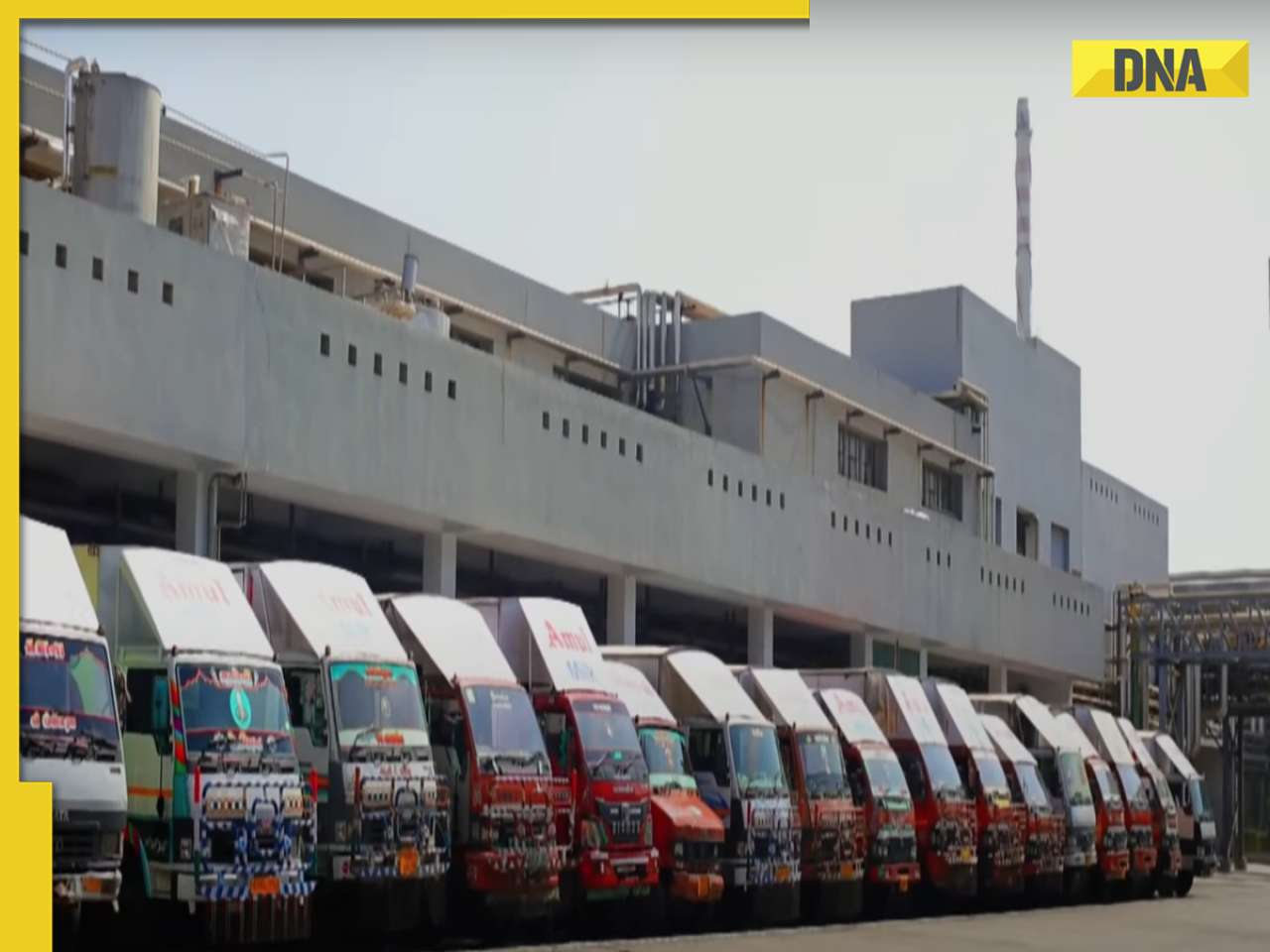
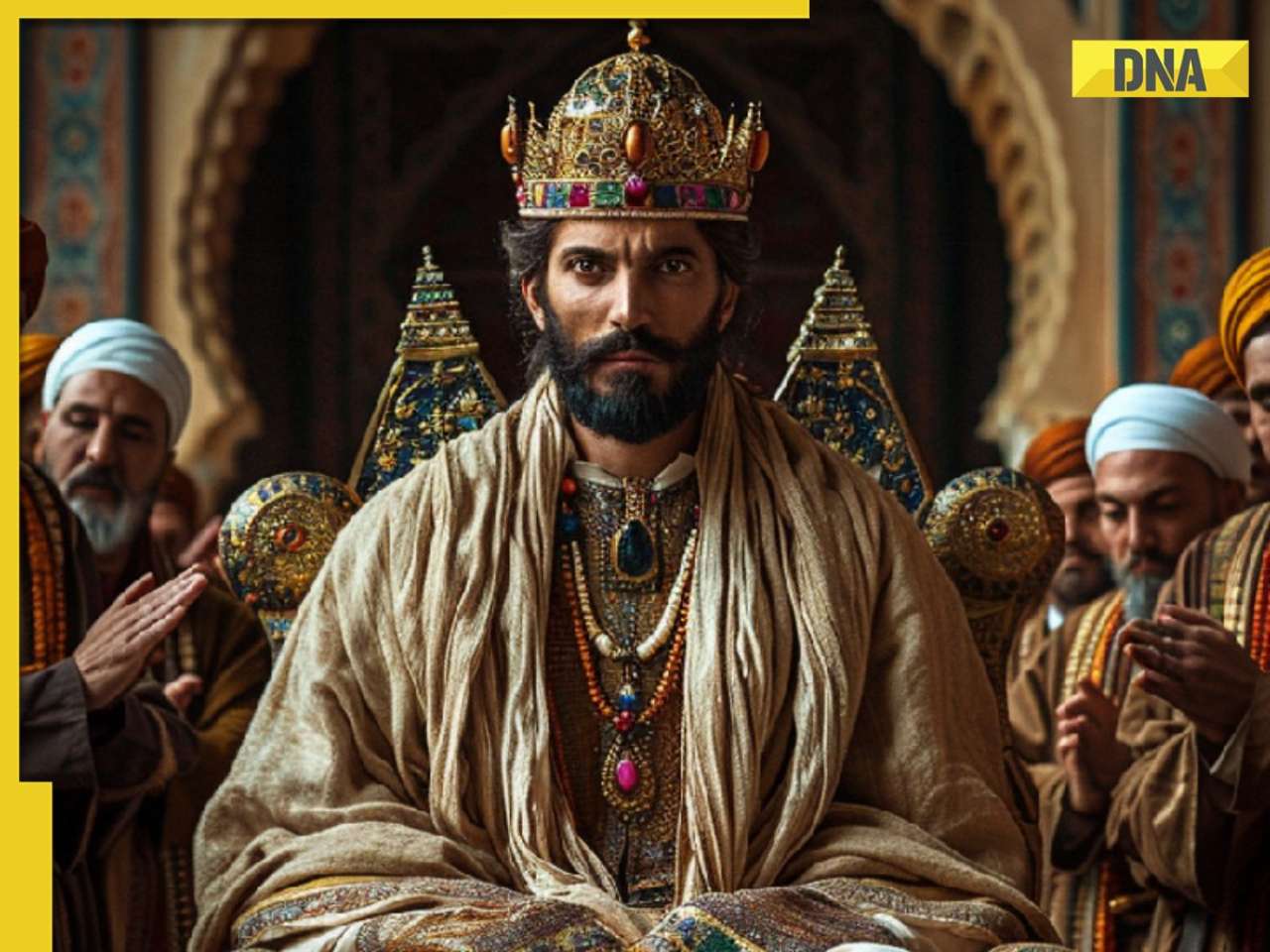
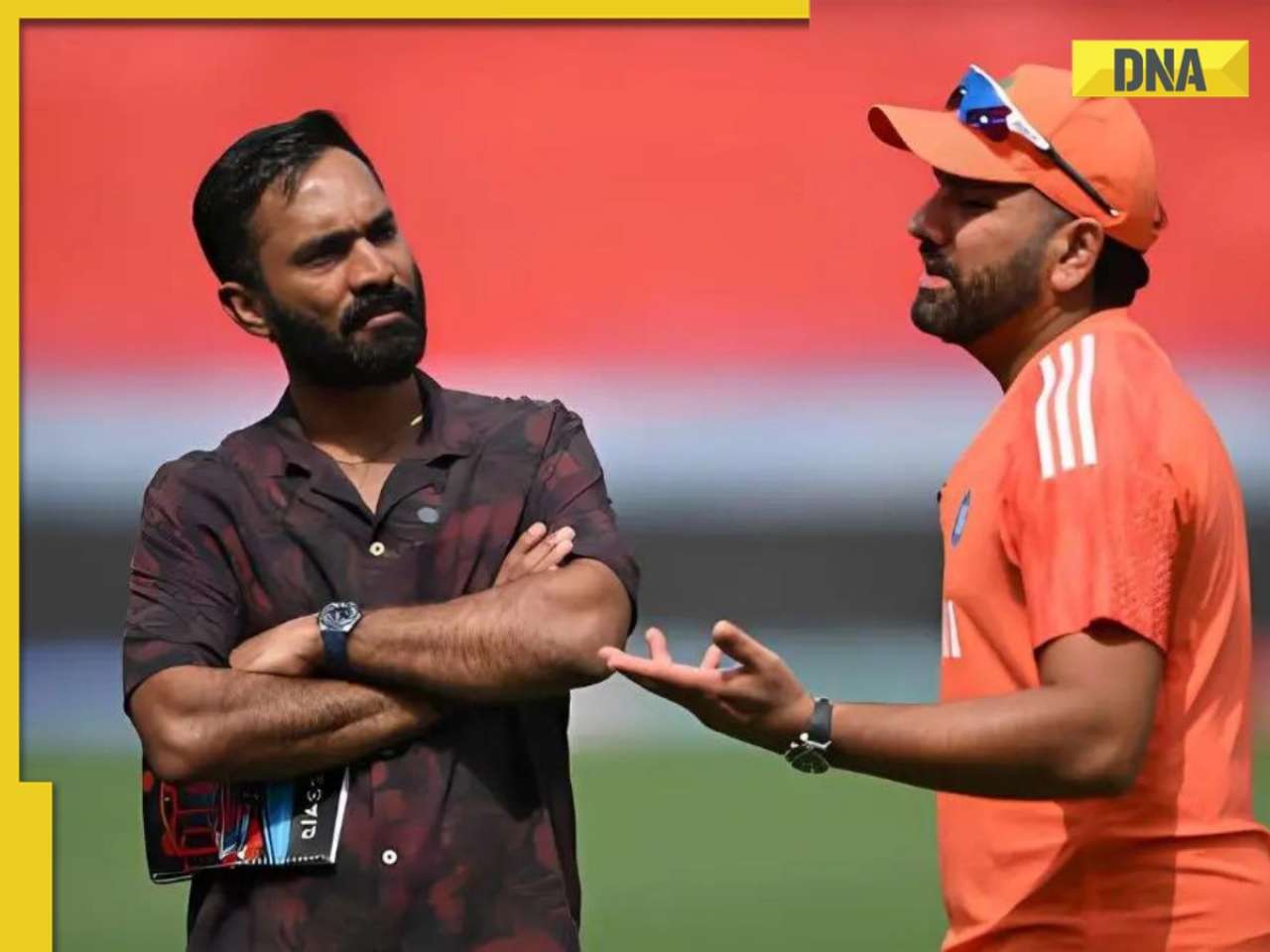
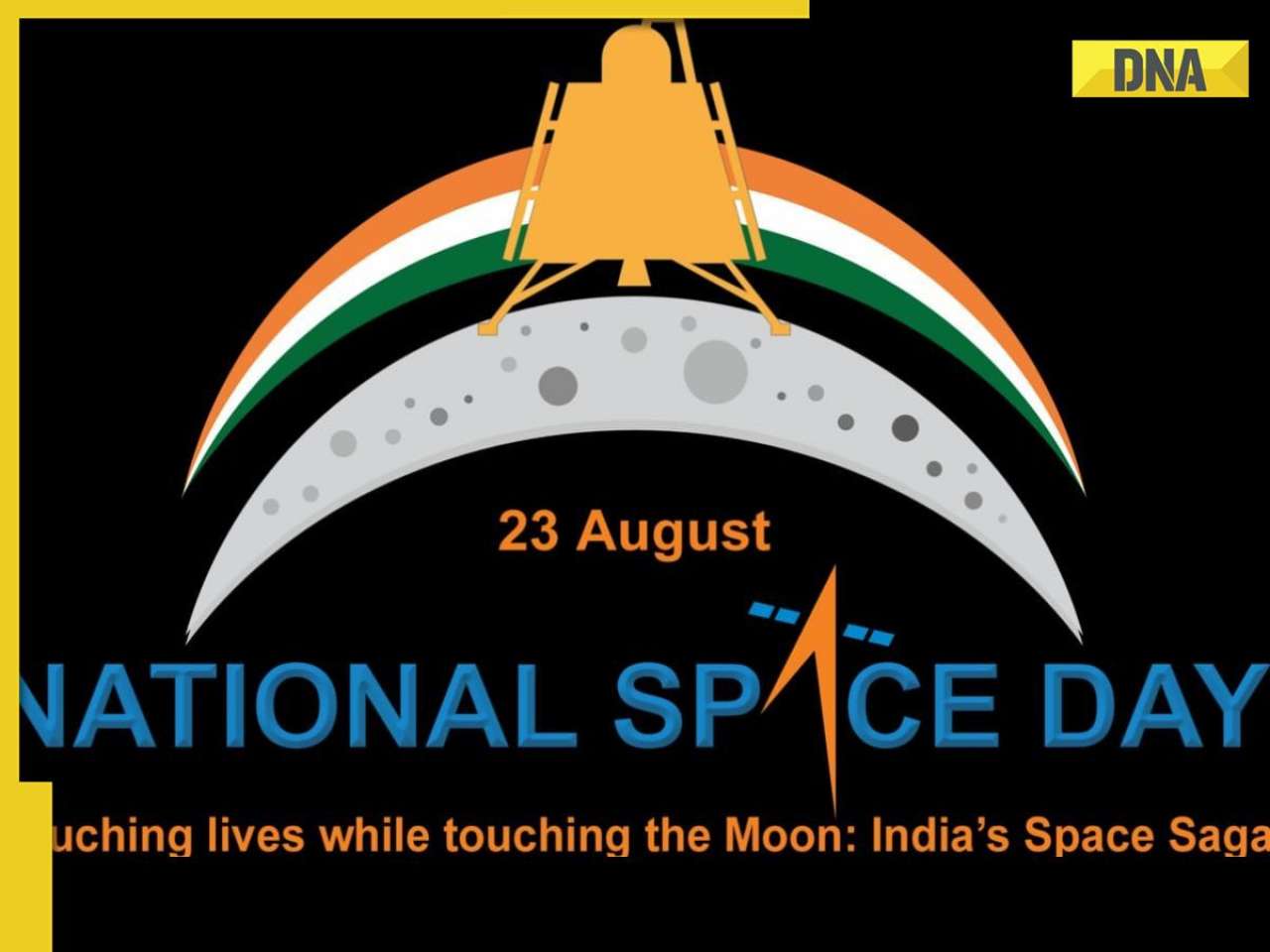
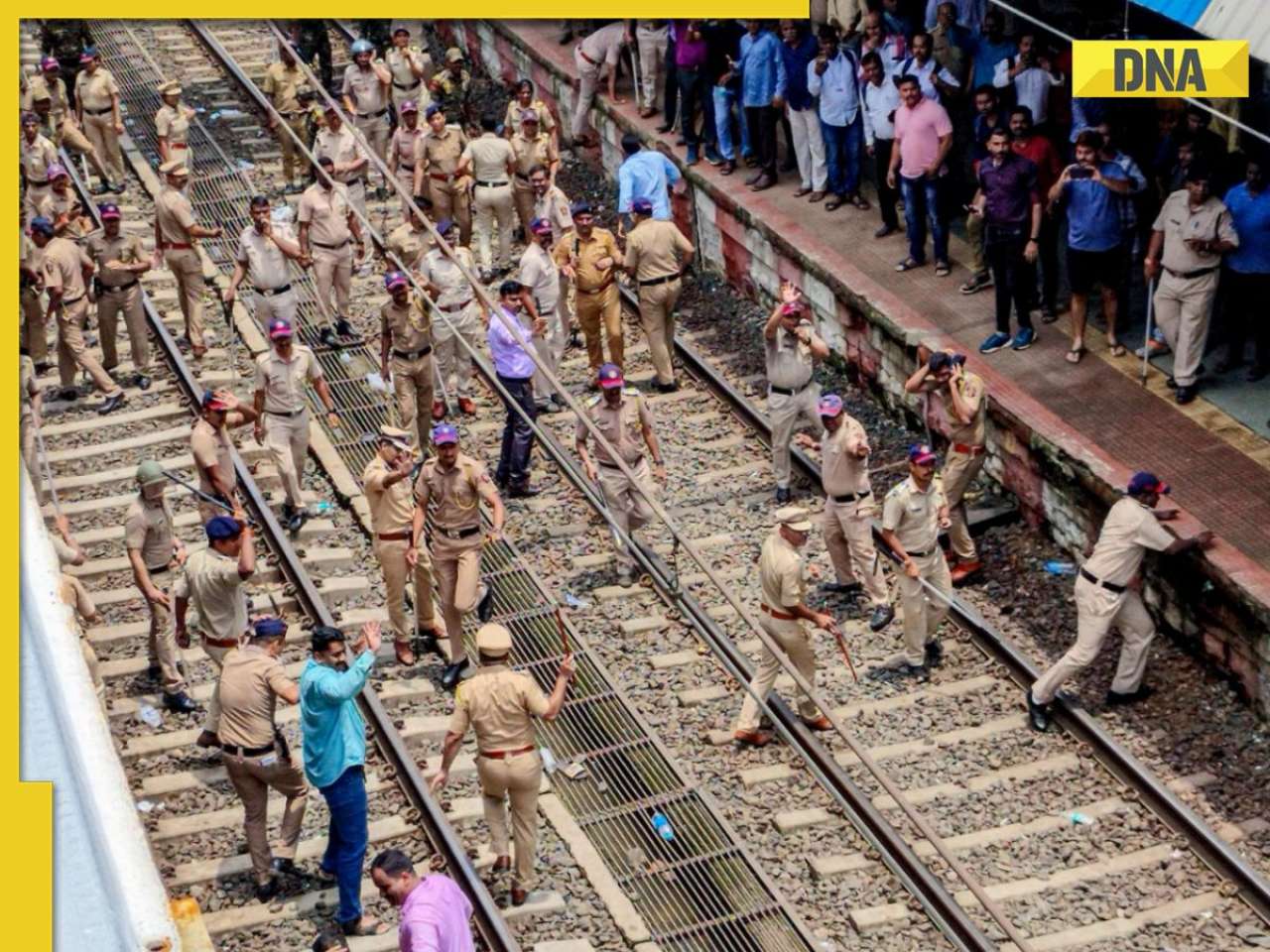





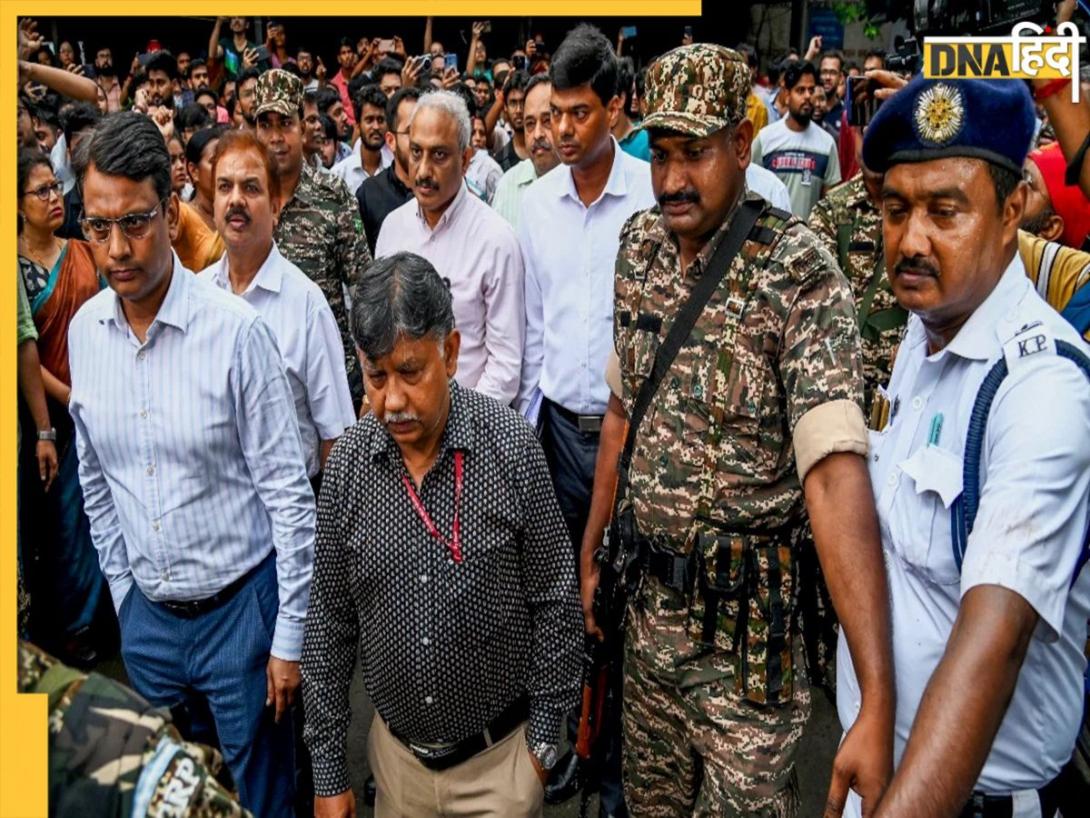
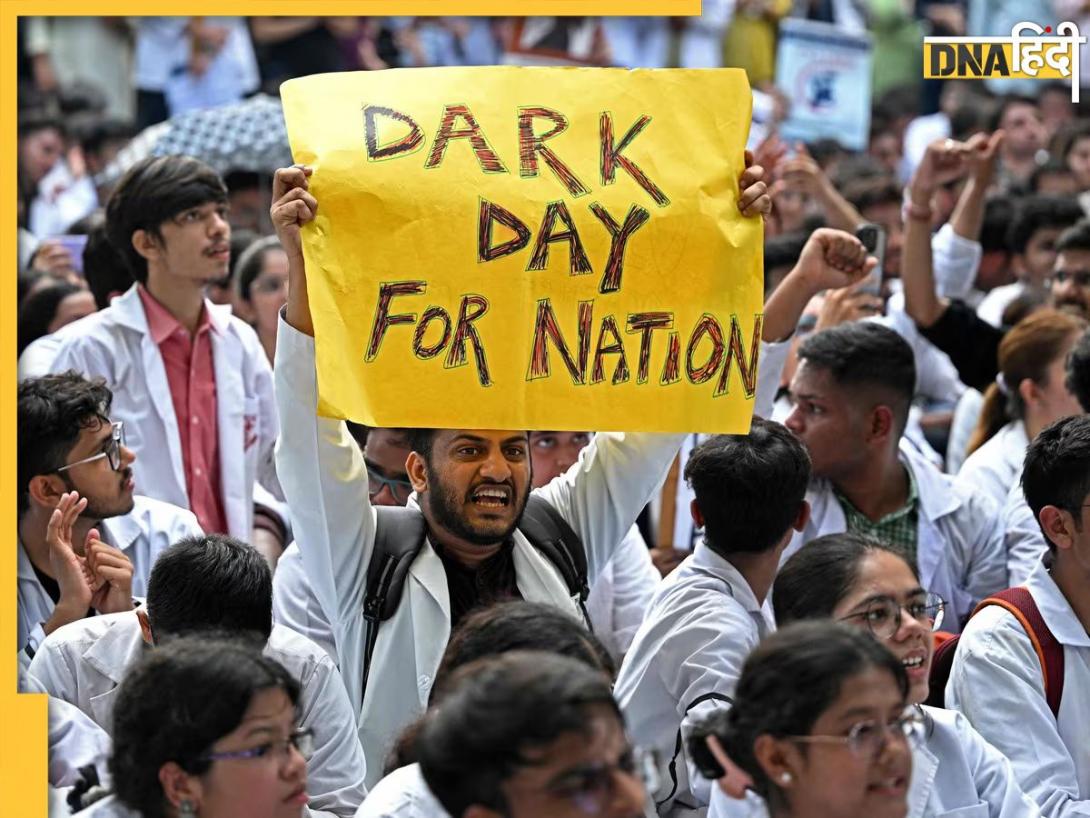

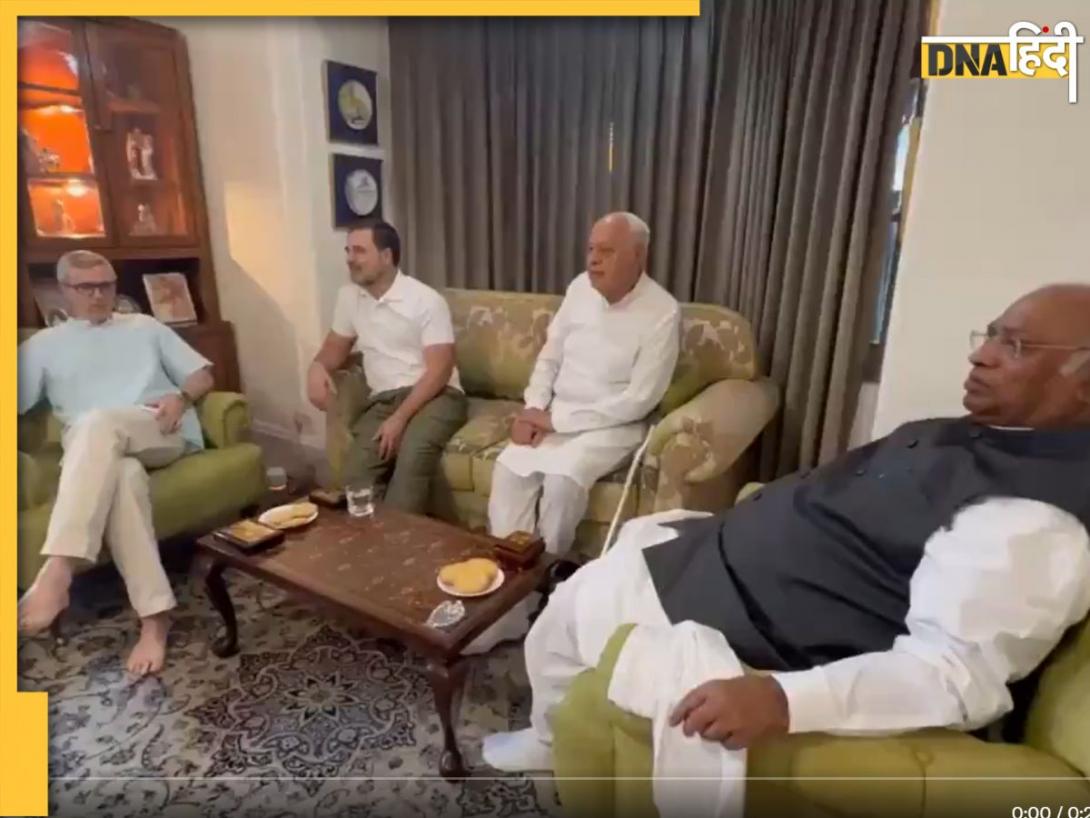

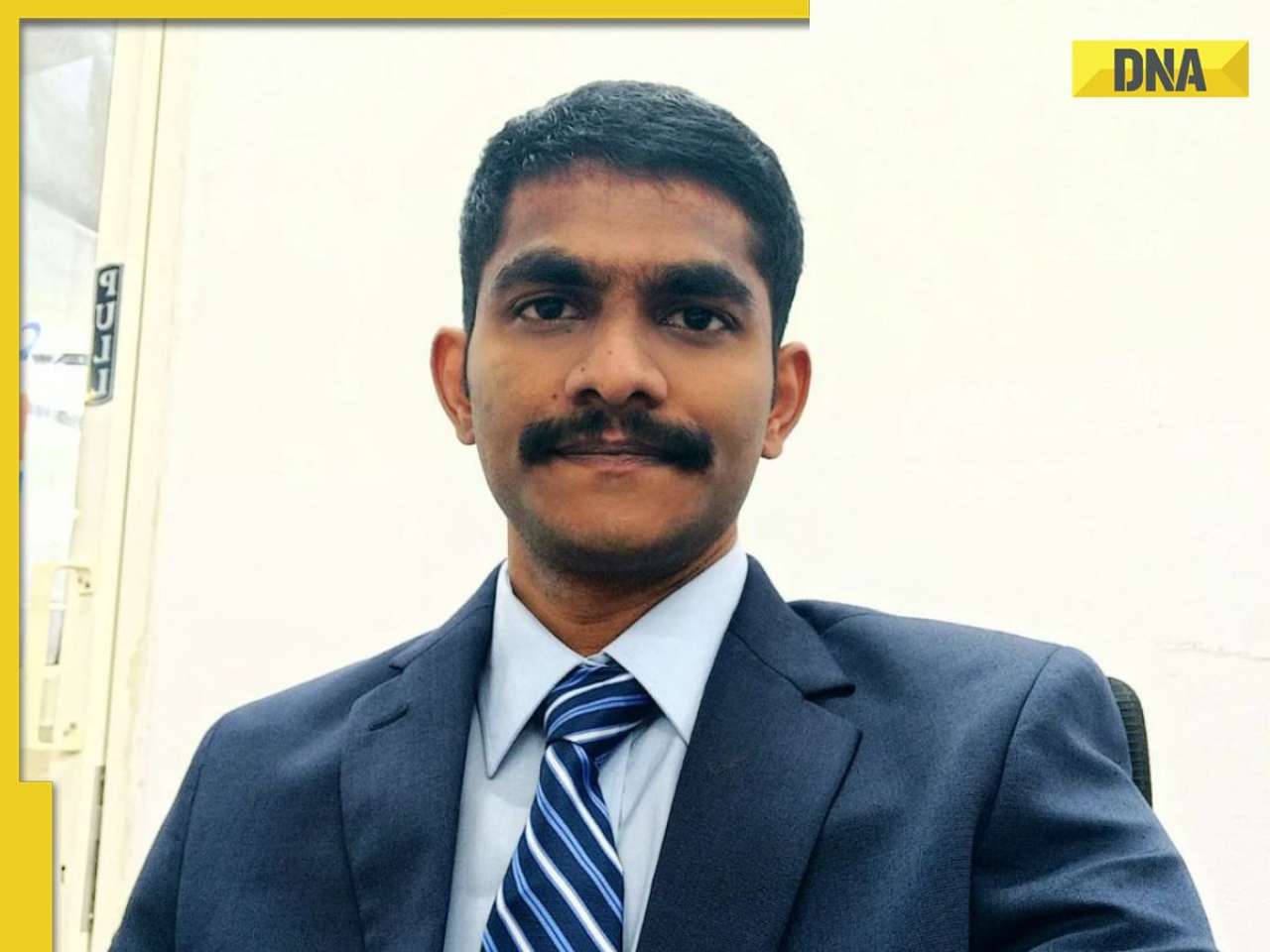
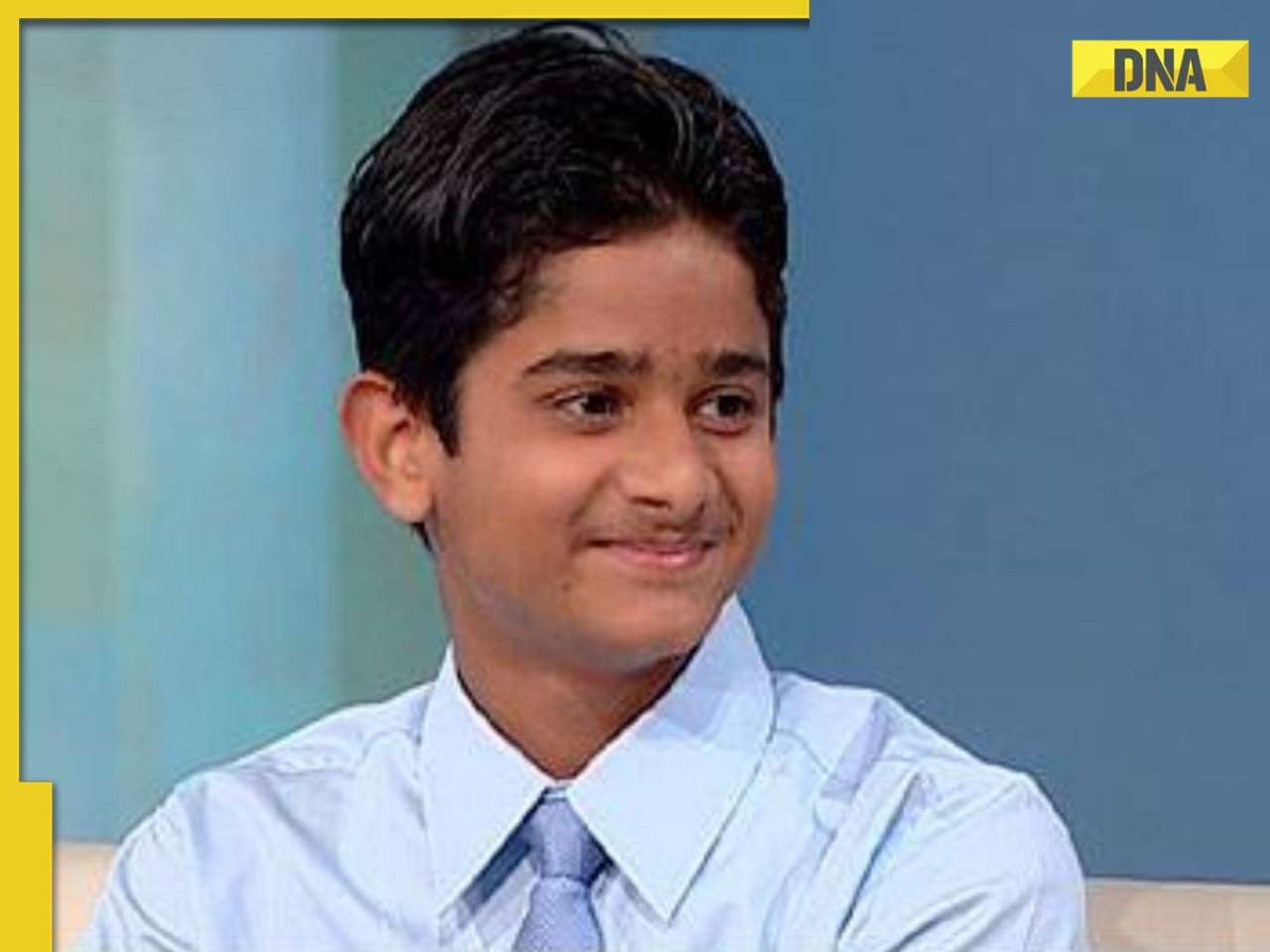
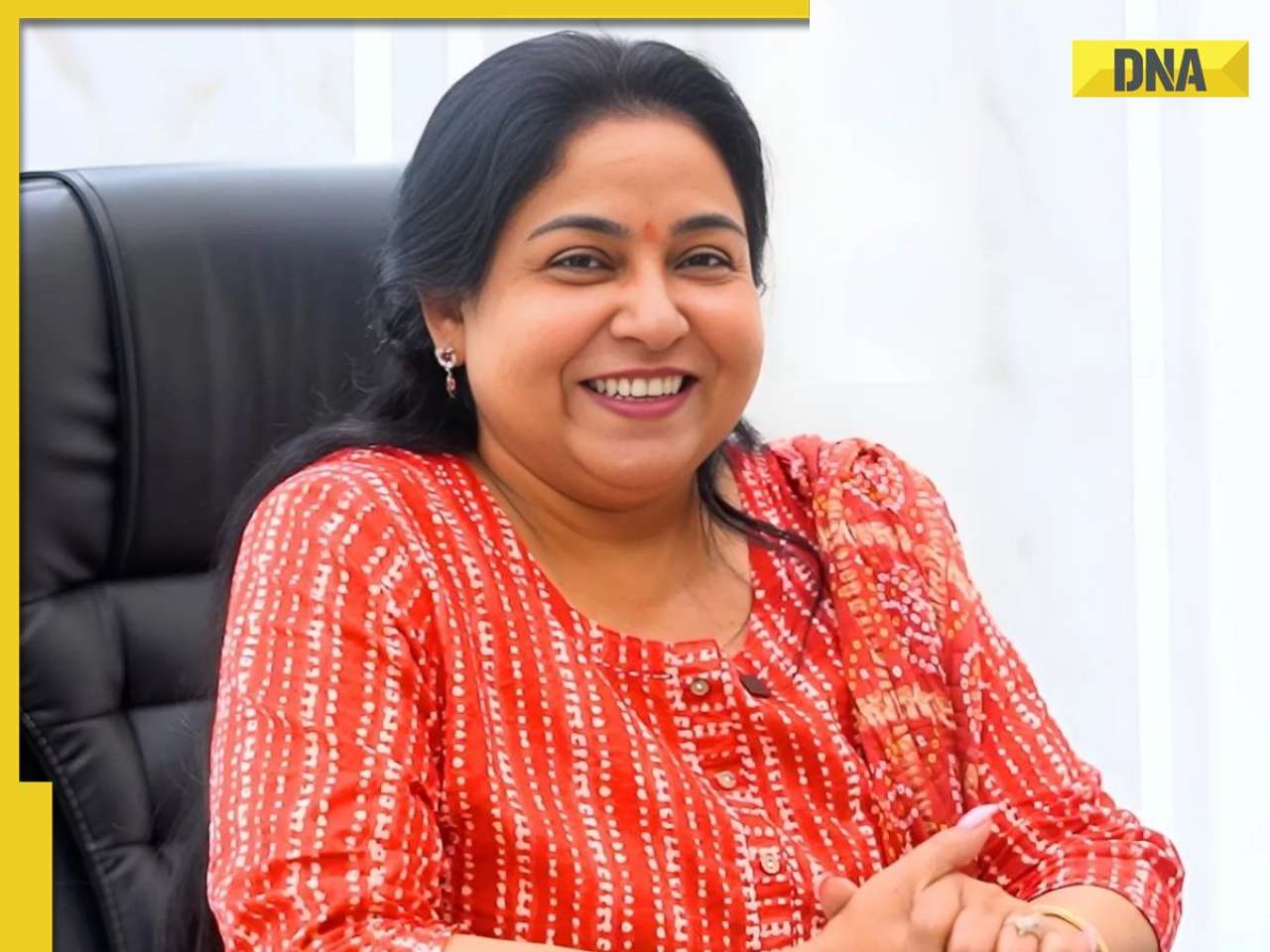
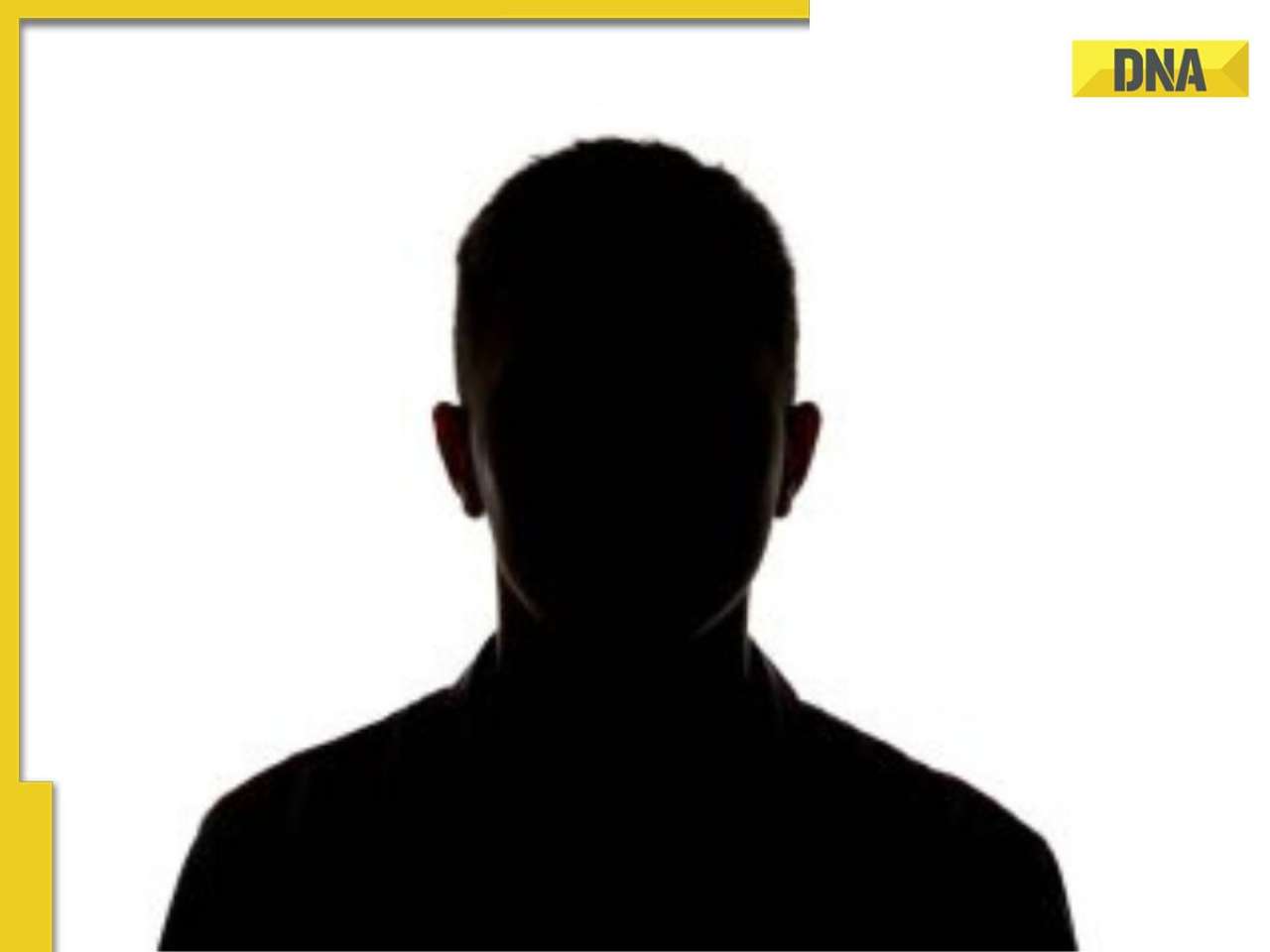

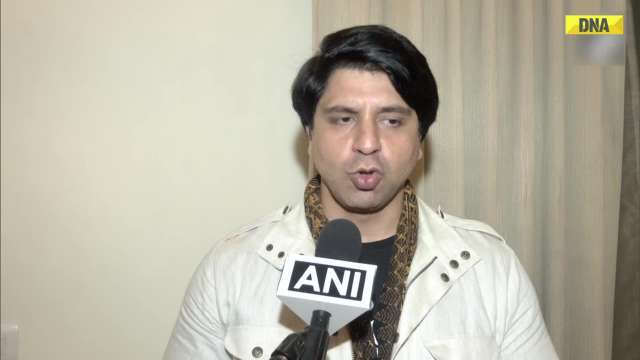
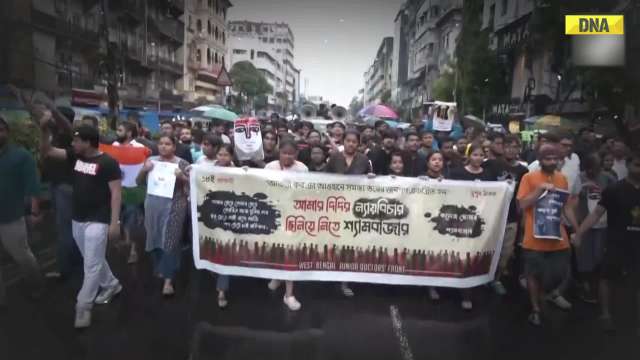



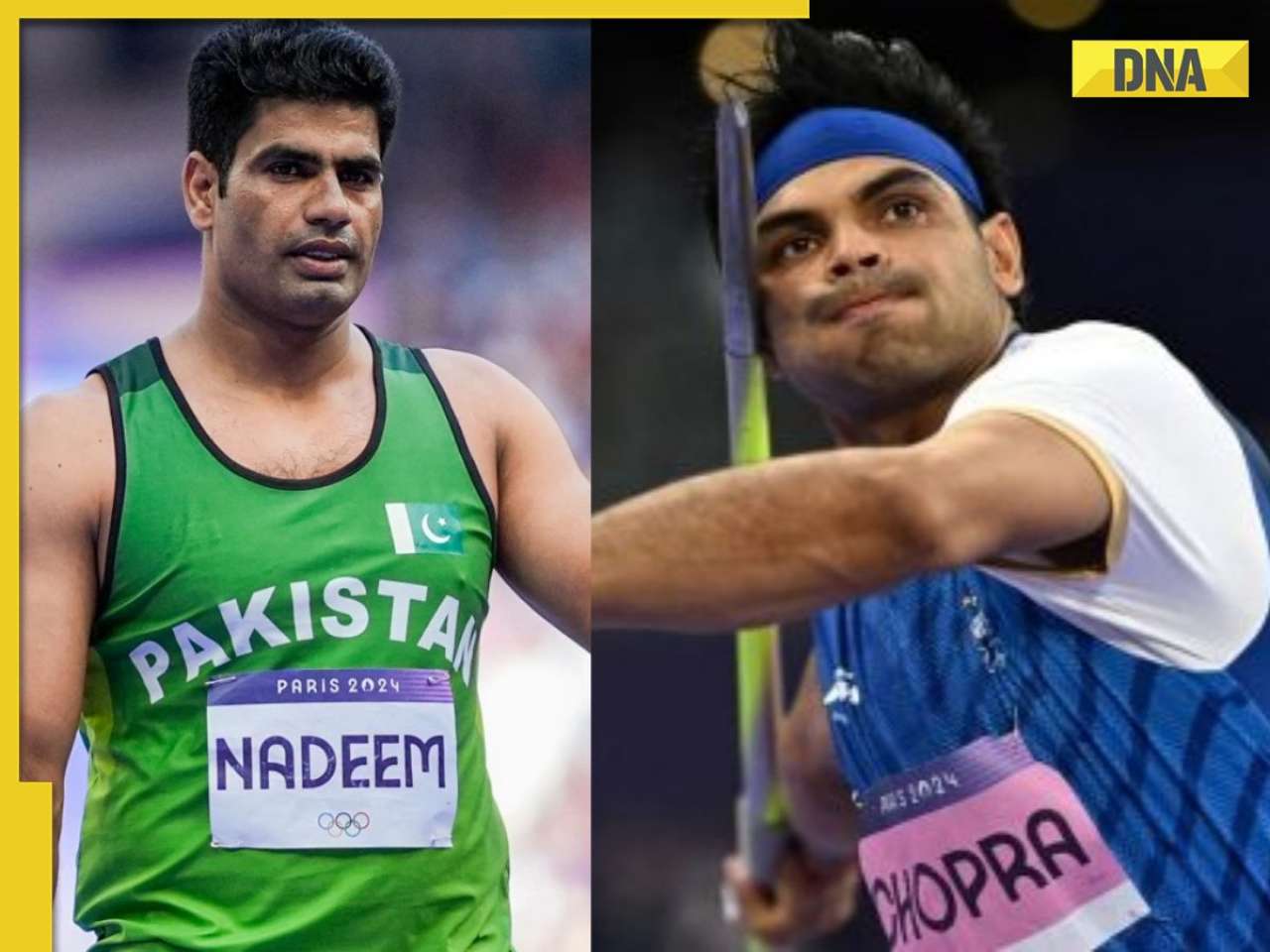
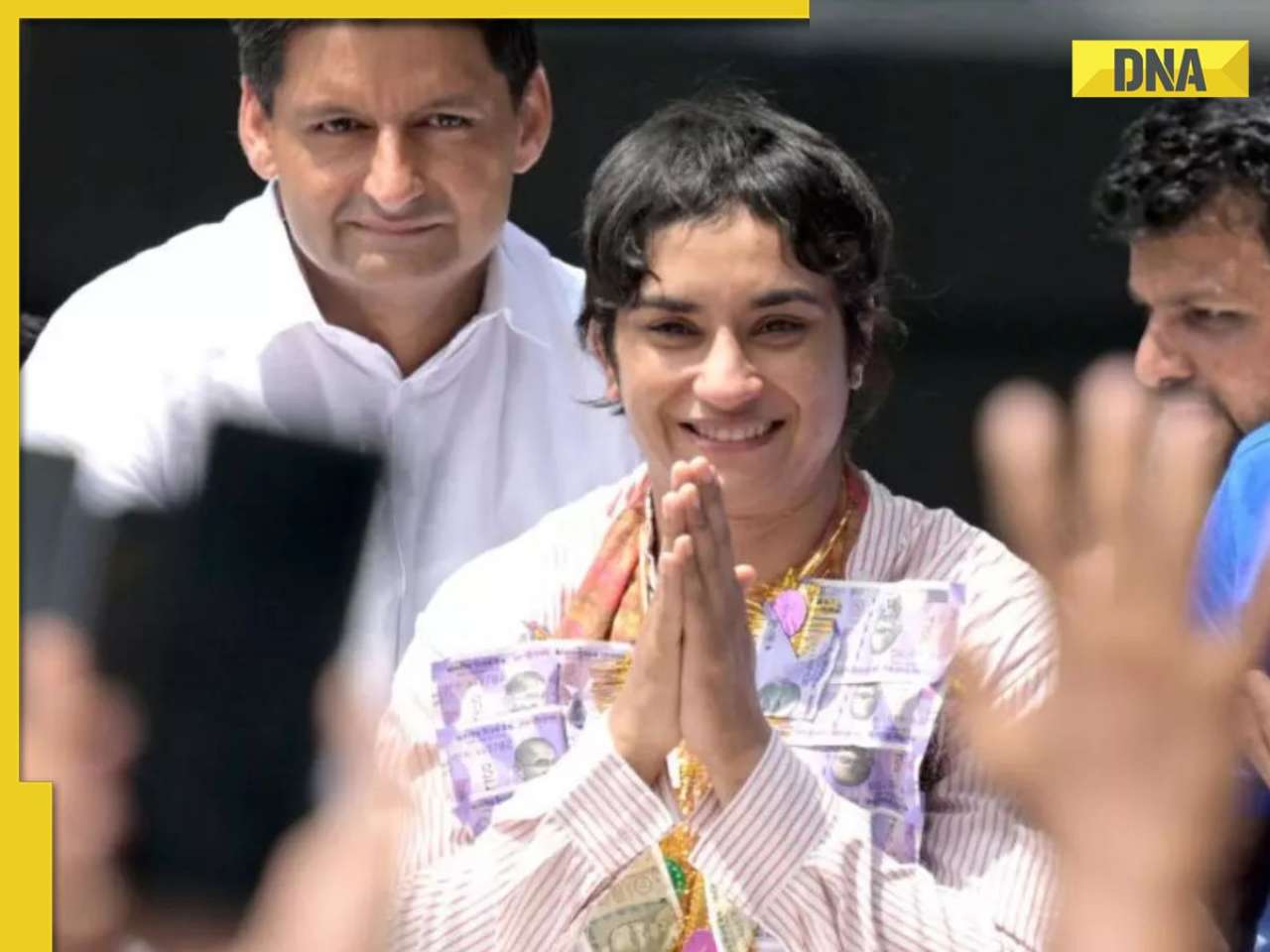
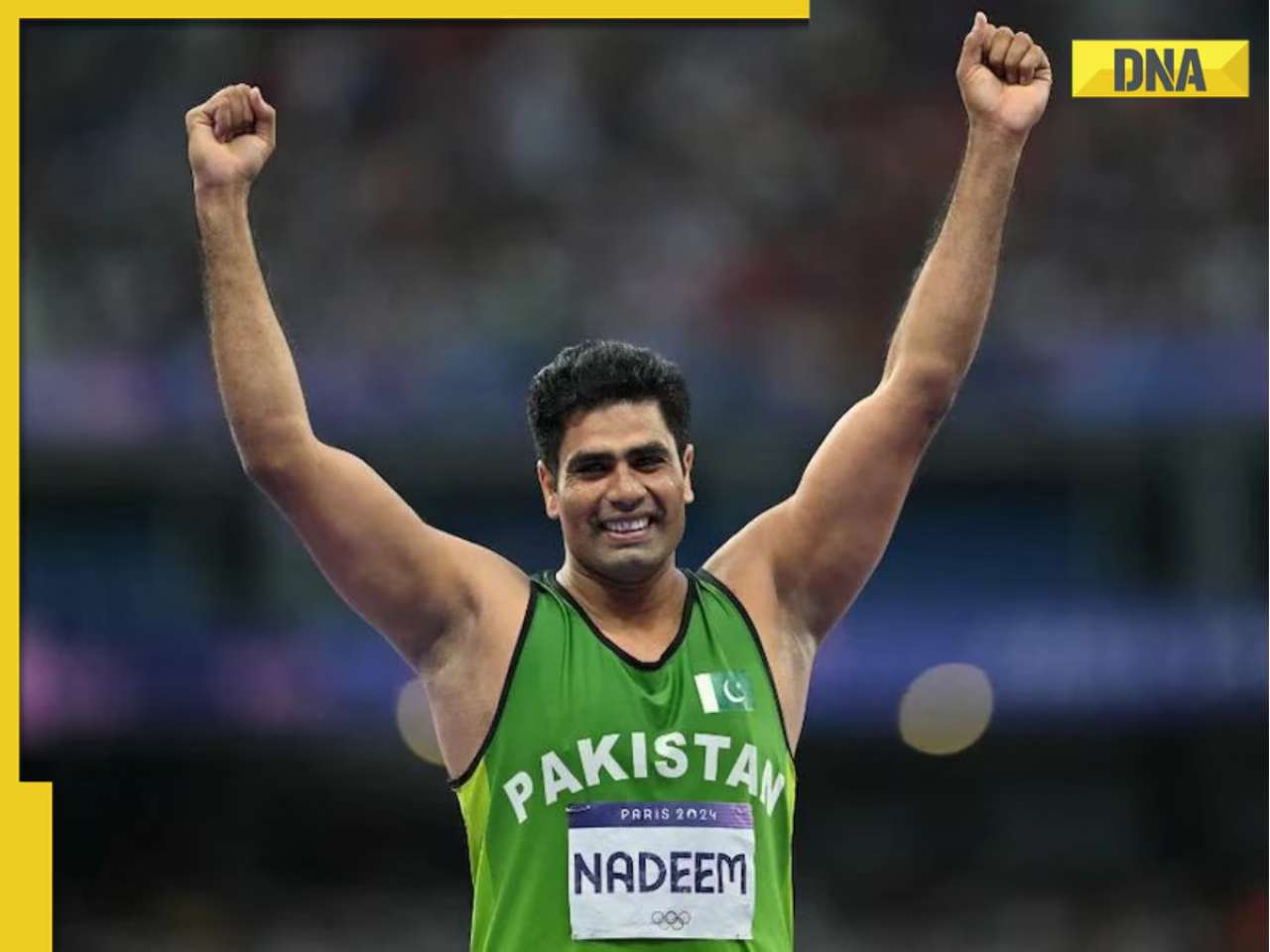

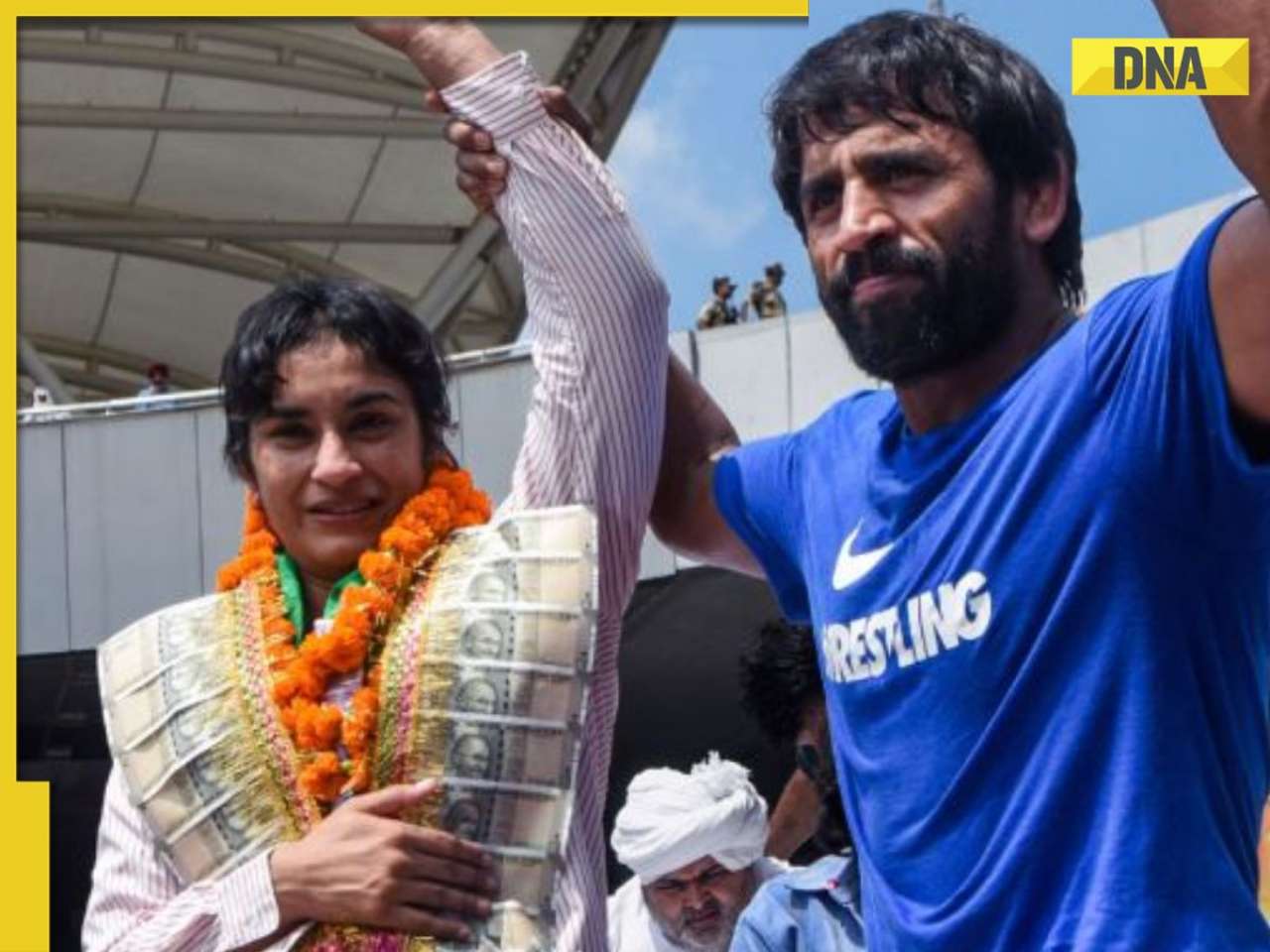





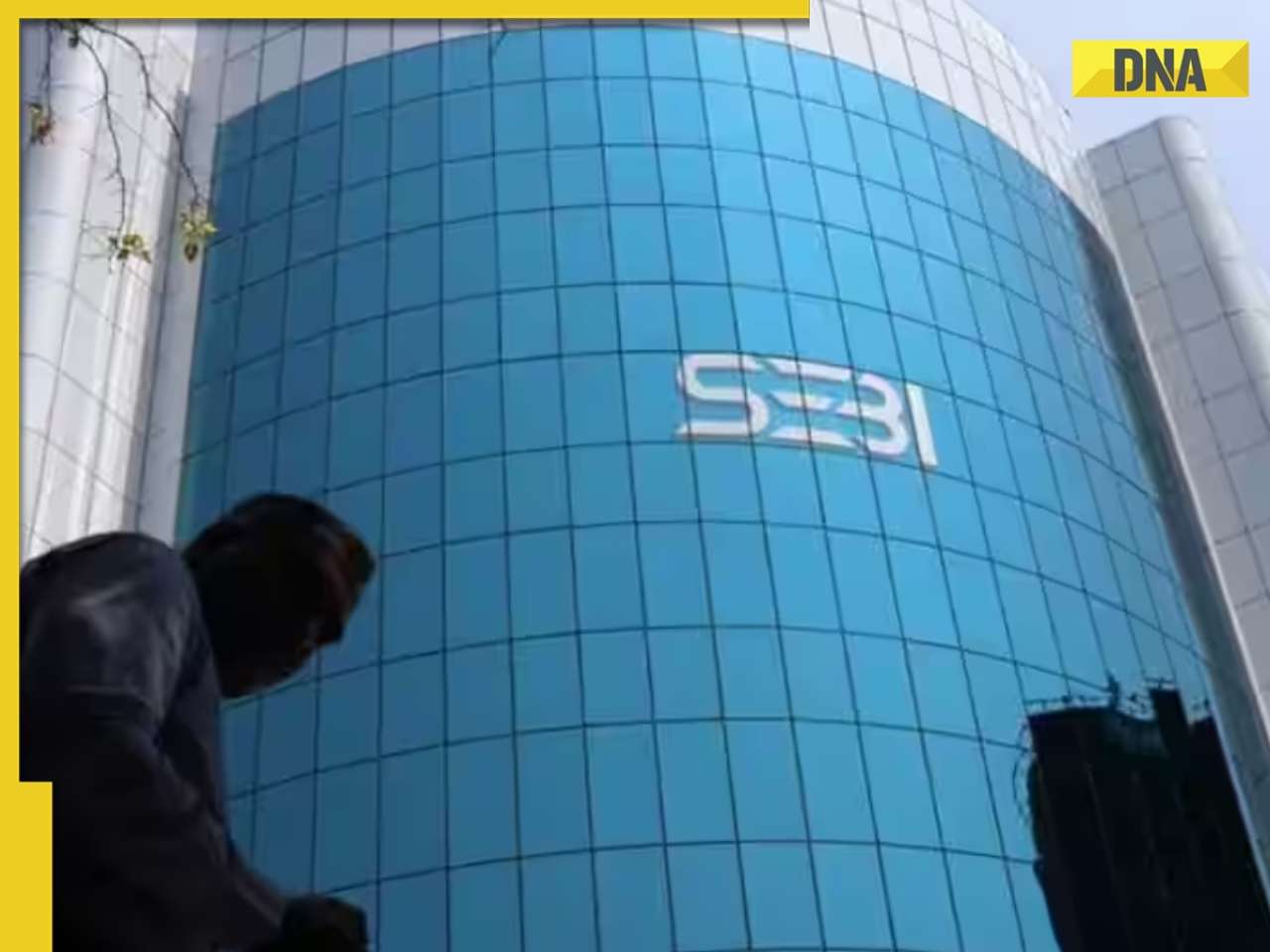
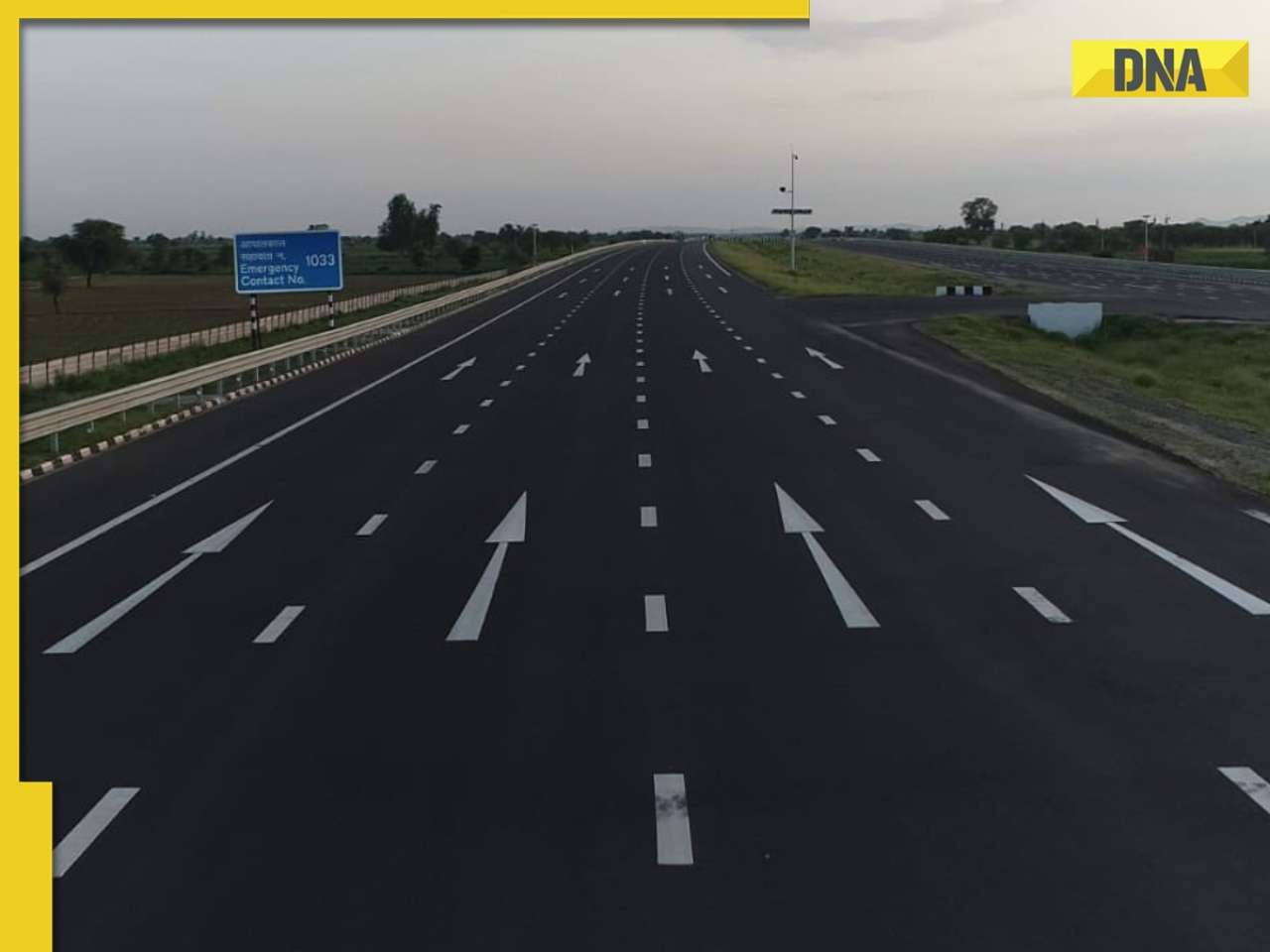
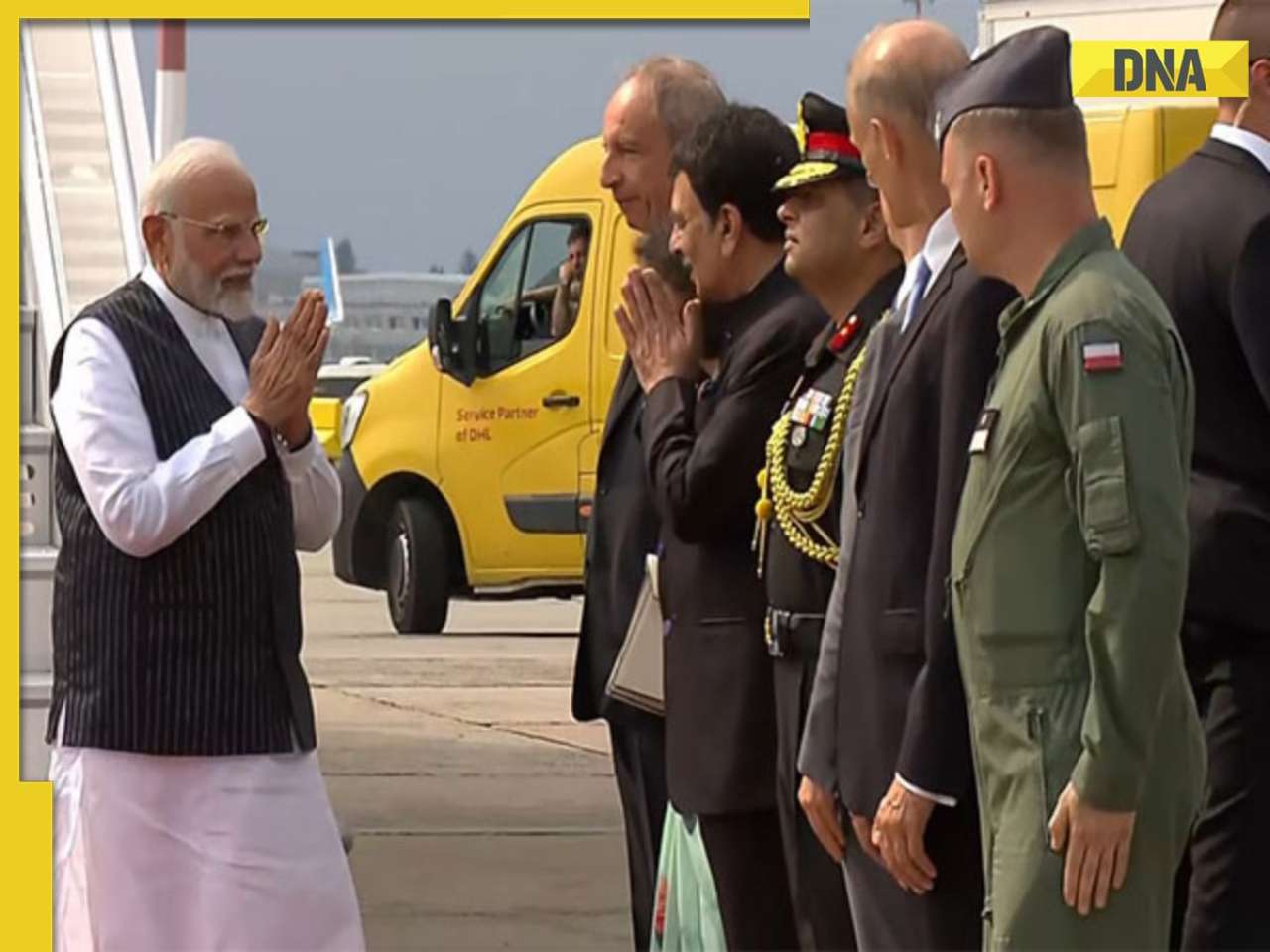
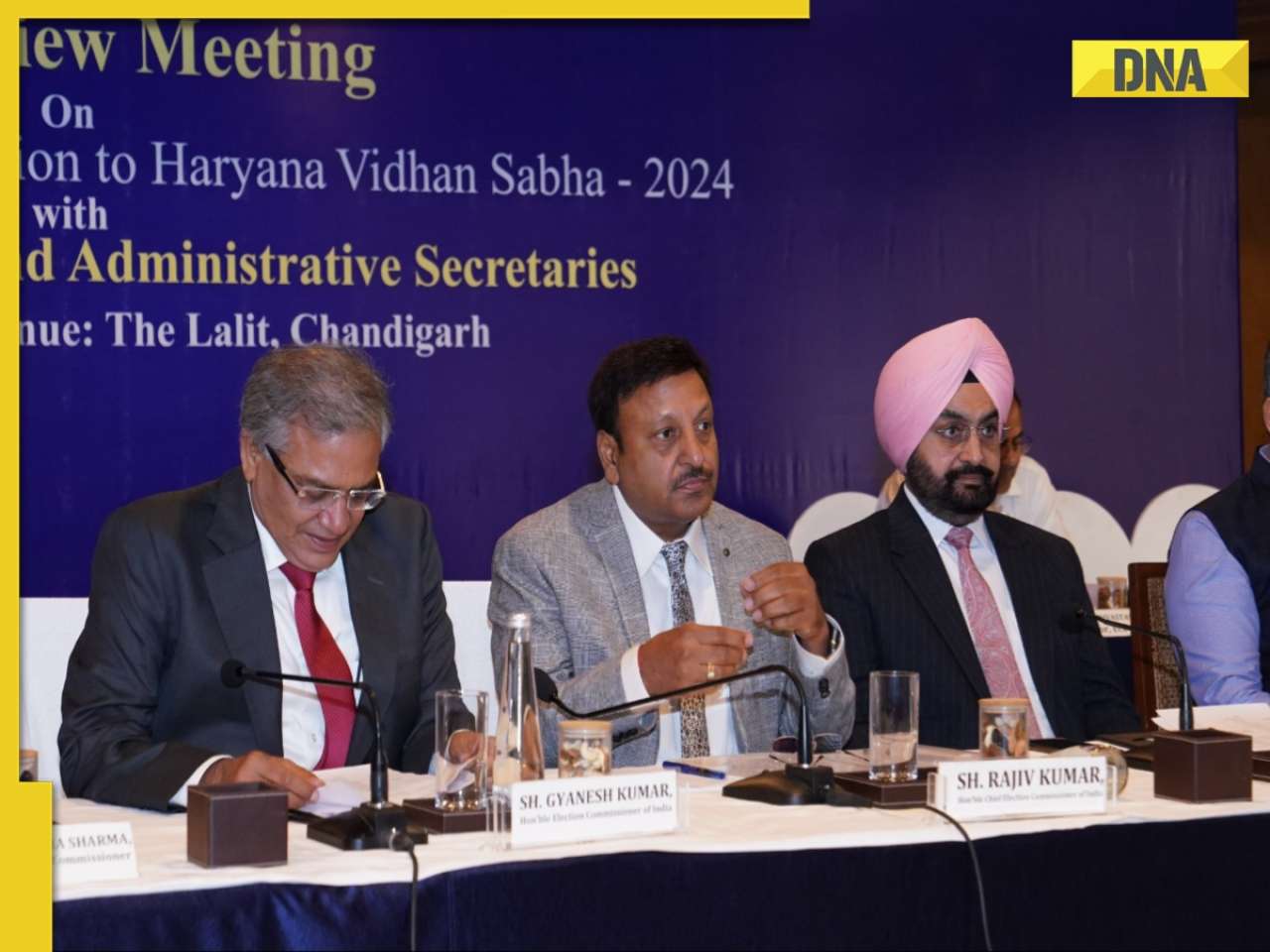
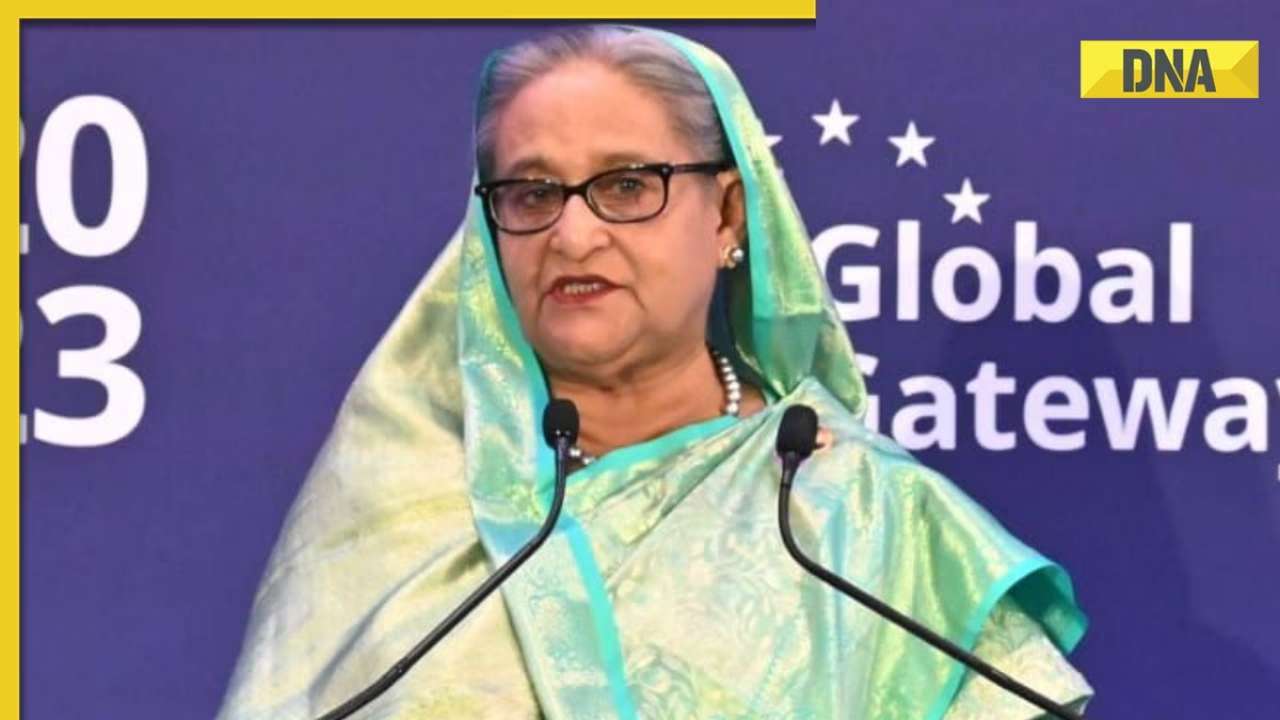
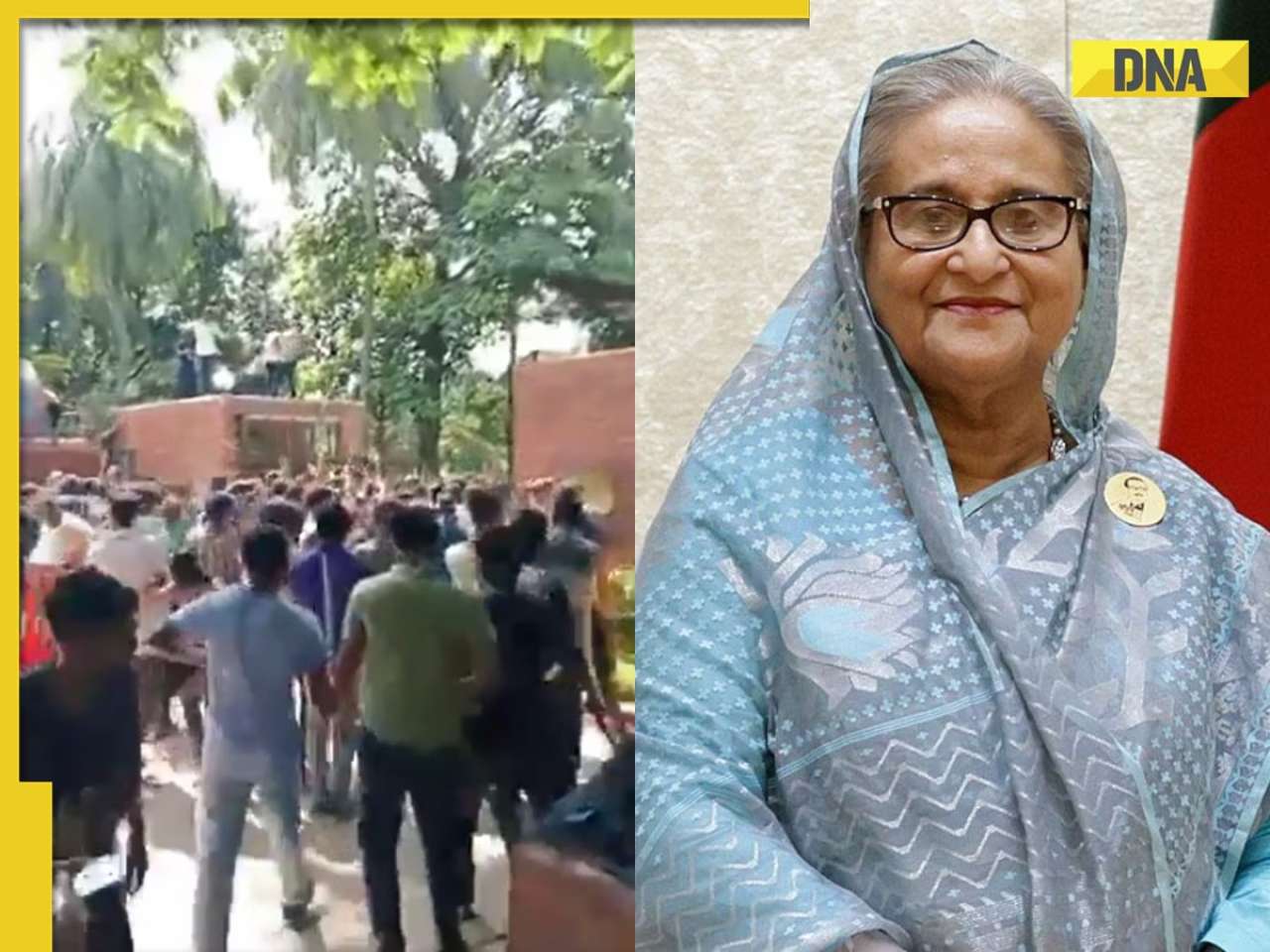
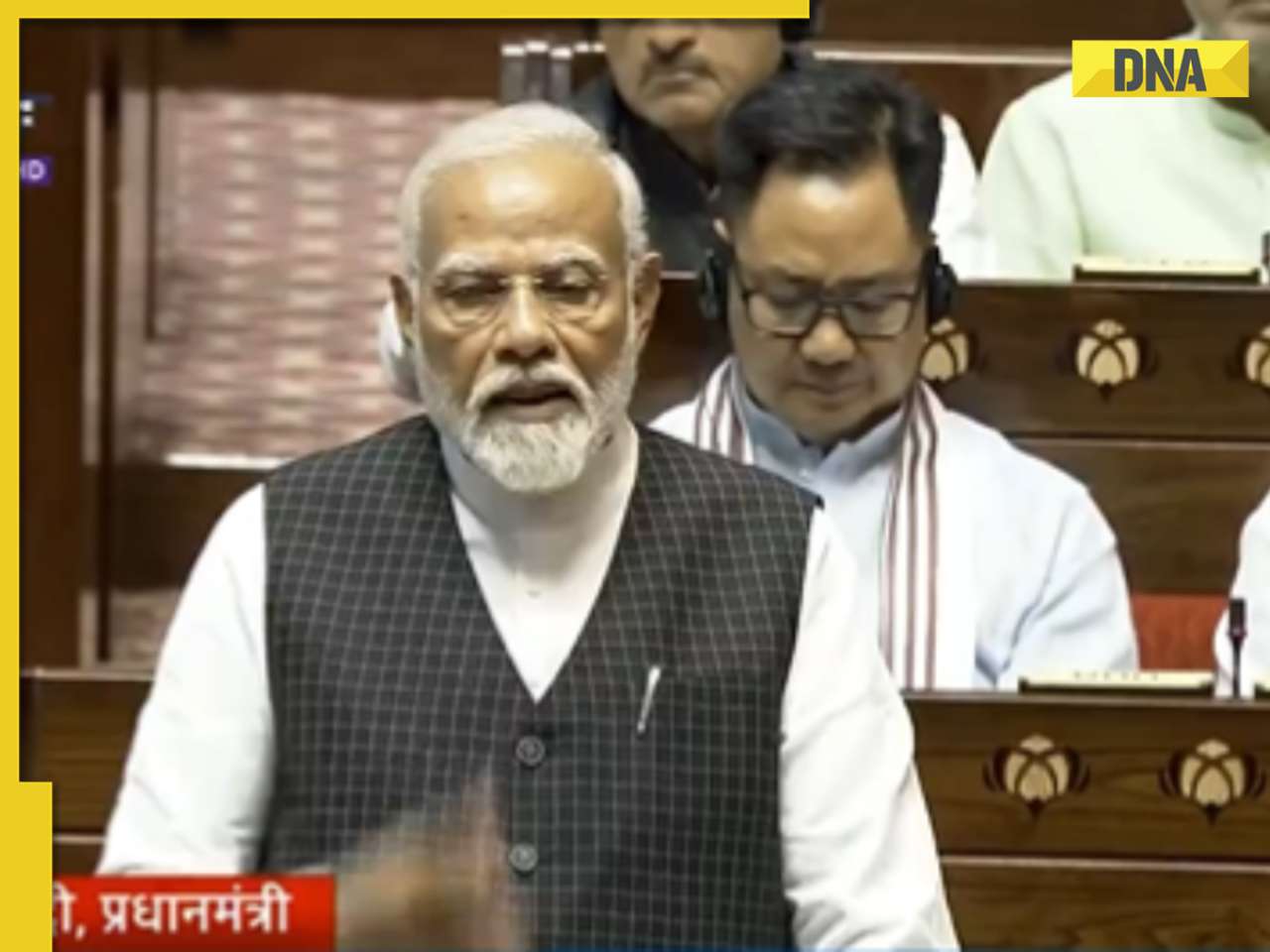
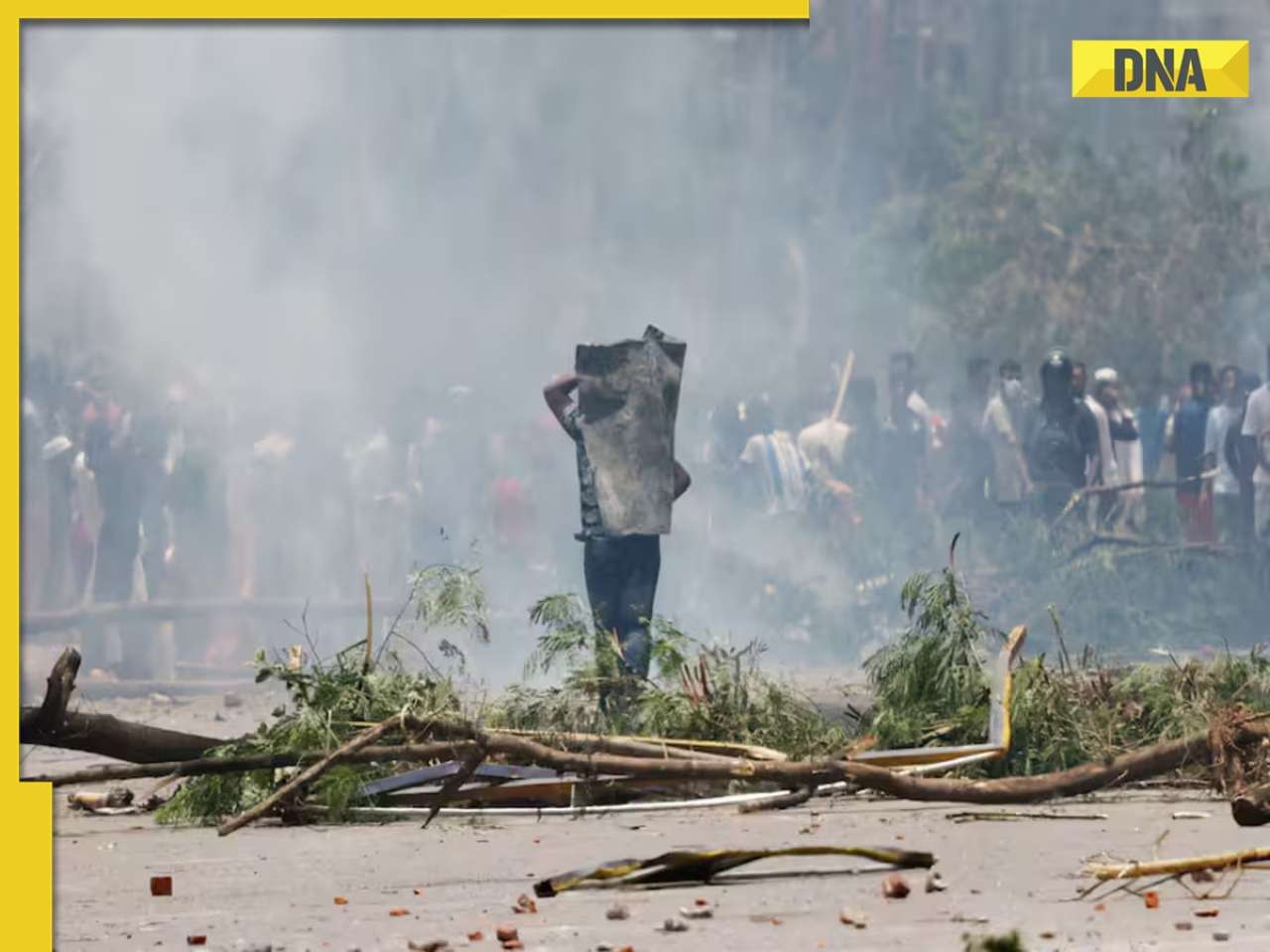


)
)
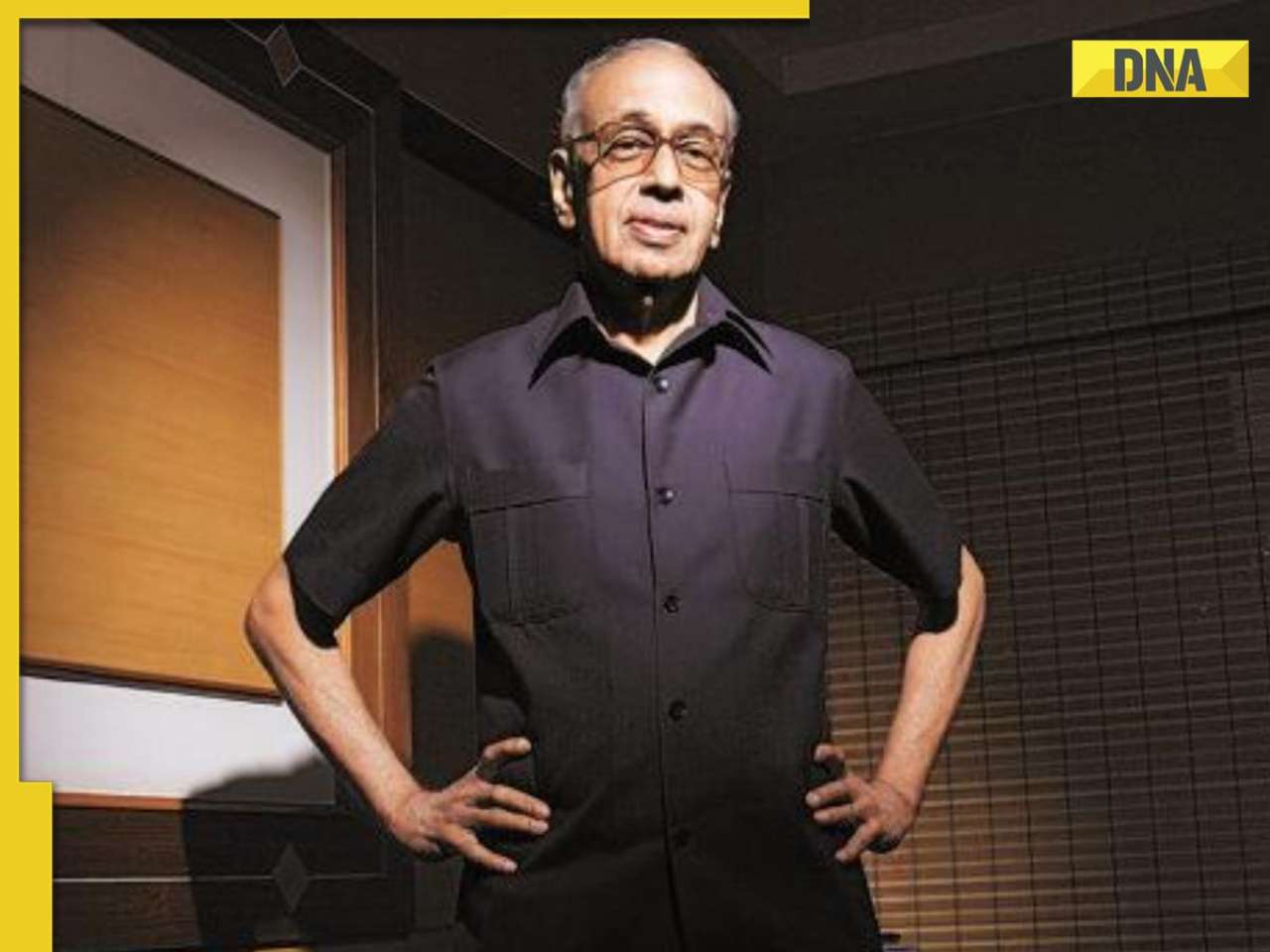)
)
)
)
)
)
)
)
)
)
)
)





)
)
)
)
)
)